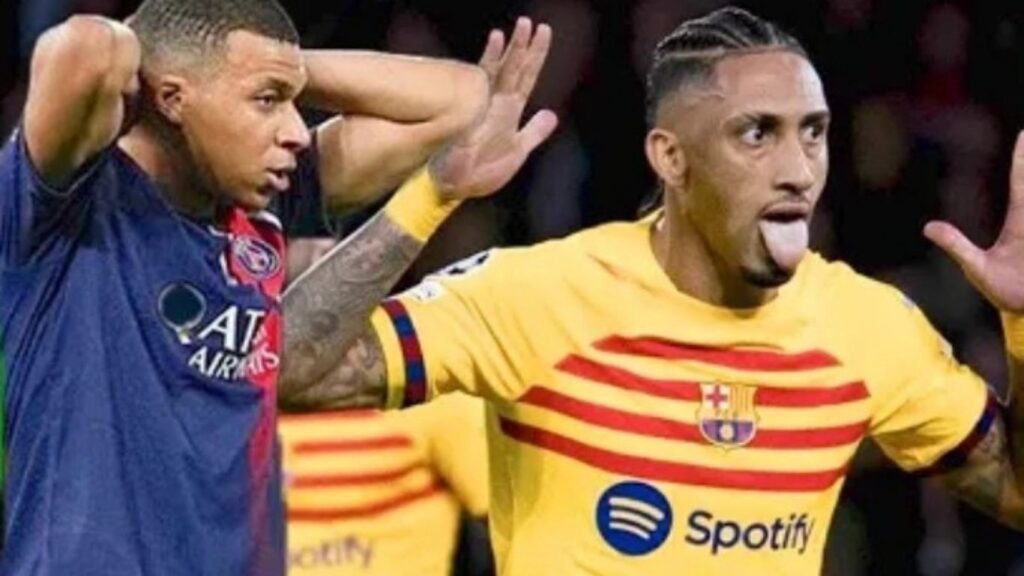State TV channels in Russia, notably Channel One and Rossiya 1, provided minimal and delayed coverage of Navalny’s death, lacking context about his identity and the reasons for his imprisonment. Even when mentioned, Navalny was referred to by only his last name, with no acknowledgment of his full identity or the circumstances leading to his incarceration. On social media platforms like X and Telegram, however, Navalny’s death was widely discussed and trending, with posts garnering significant attention and expressions of sadness and disbelief from sympathizers. Prominent opposition figures blamed Putin for Navalny’s demise, while pro-government voices insinuated Western or opposition involvement, dismissing the significance of Navalny’s death amid Putin’s expected re-election.

While social media buzzed with discussions and expressions of grief over Navalny’s death, state TV channels in Russia provided minimal and delayed coverage, lacking context and often omitting Navalny’s full name. Despite widespread attention and expressions of disbelief on platforms like X and Telegram, pro-government voices dismissed the significance of Navalny’s death, suggesting Western or opposition involvement. Amidst the speculation, Putin’s expected re-election loomed large, with the government’s crackdown on opposition figures reinforcing the political landscape in Russia.
As Navalny’s death sparked conversations and expressions of grief on social media platforms, state TV channels in Russia remained silent or provided limited coverage, avoiding contextual information and often omitting Navalny’s full name. Pro-government voices downplayed the significance of Navalny’s death, insinuating Western or opposition involvement, while opposition figures squarely blamed Putin. Amidst these narratives, Putin’s impending re-election cast a shadow over the political landscape, underscoring the government’s firm grip on power and its crackdown on dissenting voices.





